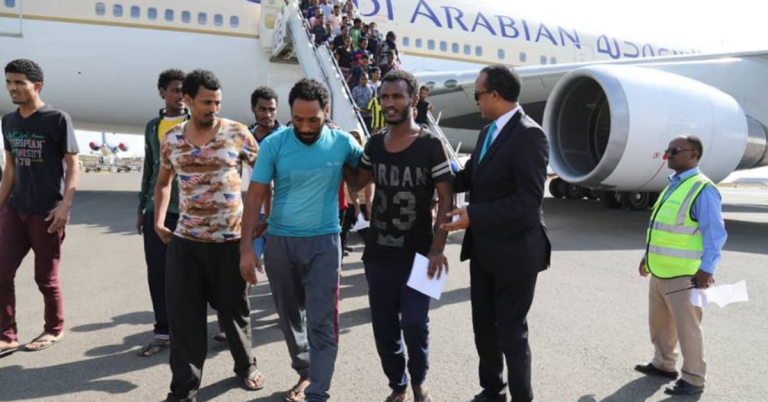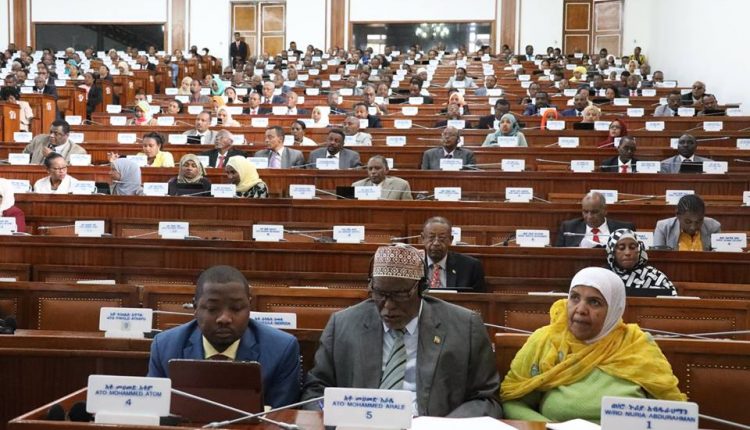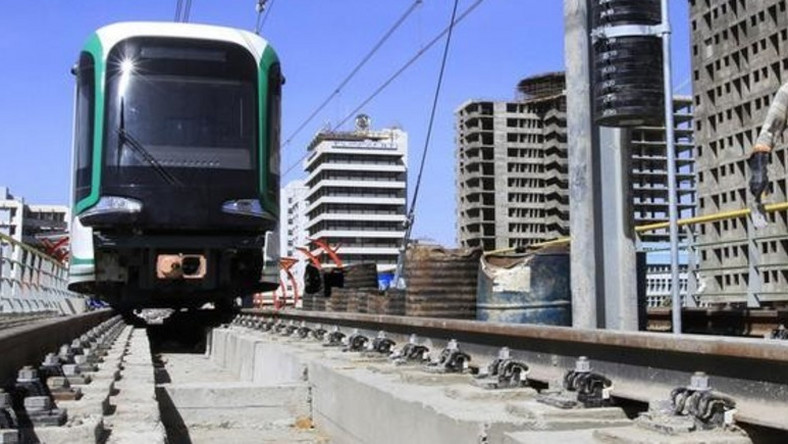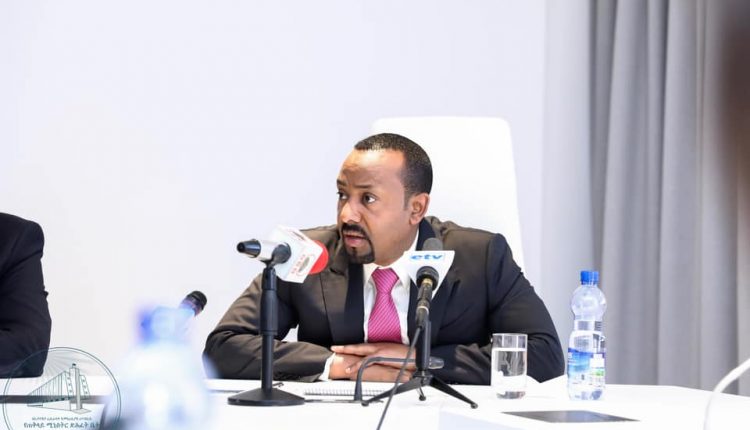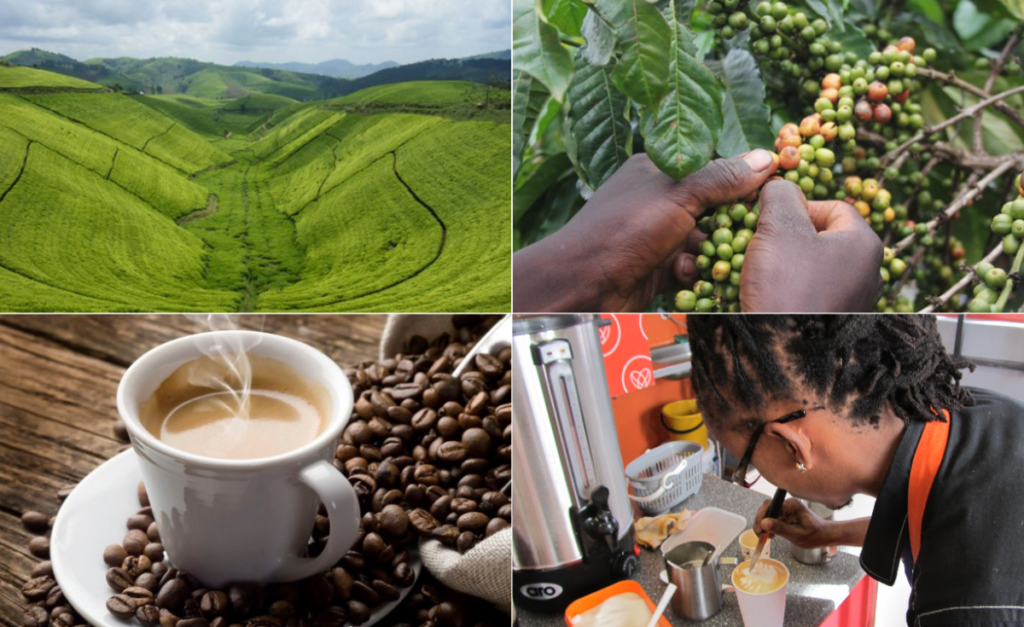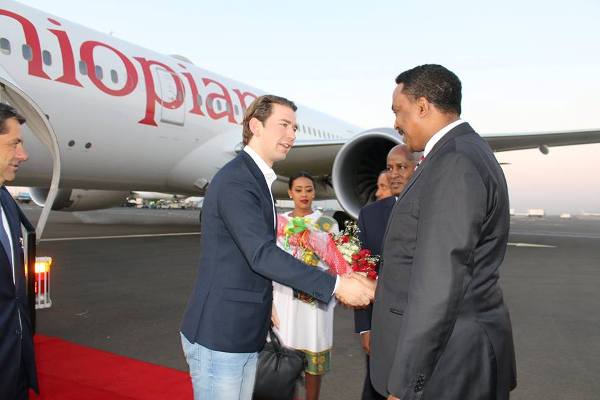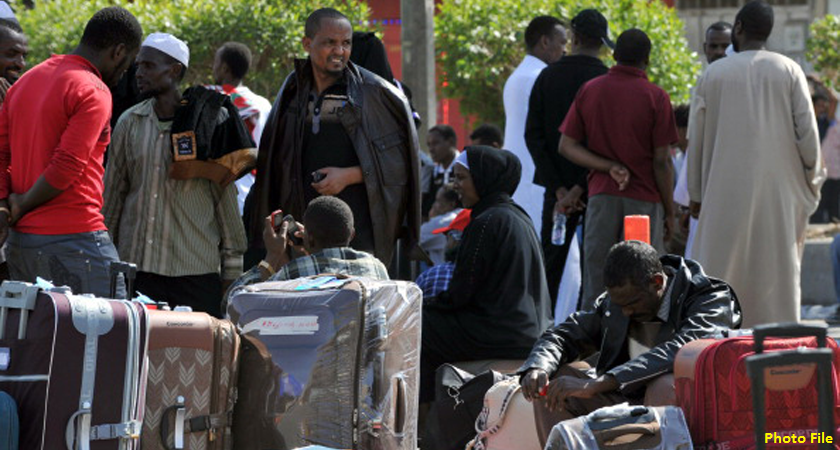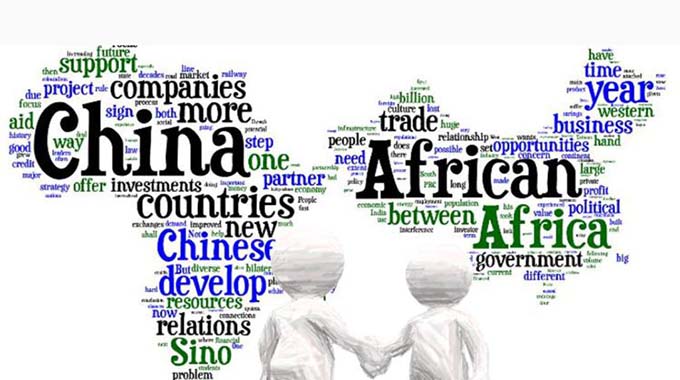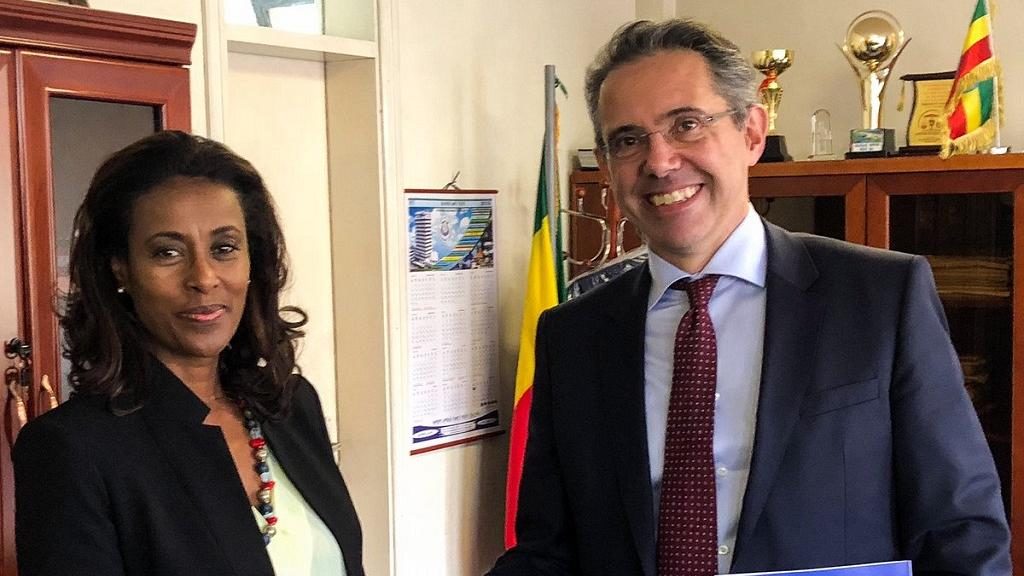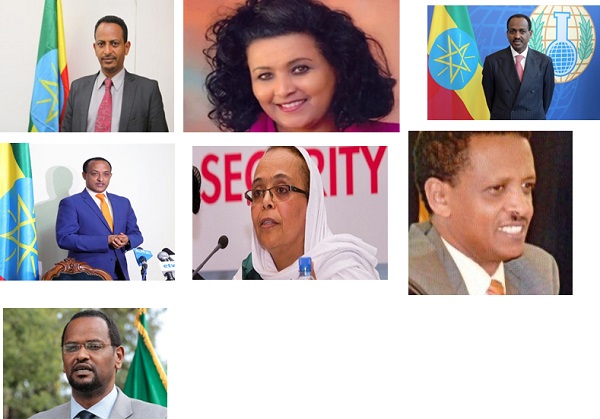
The Ethiopian Ministry of Foreign Affairs disclosed the names of Ambassadors to 19 countries and missions this Thursday. This statement followed the ministry’s announcement earlier this year that it was working to make the appointments of foreign representatives more professional, rather than political, and to select people who can promote Ethiopia’s interests abroad more effectively
Part of the initiative in the ministry as part of reform measures was to appoint a good number of young diplomats and the appointments seem to reflect that.
The spokesperson of the Ministry of Foreign Affairs of Ethiopia, Meles Alem, was appointed as Ethiopia’s ambassador to Kenya. The new foreign policy objective also focuses on fostering economic and security cooperation among the countries in the region, according to information from the ministry.
Notable appointees include Fitsum Arega, who was the Director General of the Ethiopian Investment Commission and the Chief of Staff of the Prime Minister of Ethiopia. He is now appointed as Ambassador to the United States of America. Further, Ambassador Teshome Toga, former Ambassador to the E.U., Benelux countries and the Baltic States, will become the new Ambassador to China. He was the second Speaker of the House of Peoples’ Representatives, the lower chamber of the Ethiopian Parliament, from 2005 to 2010. He was succeeded in that position by Abadula Gemeda. Teshome Toga has held several ambassador positions and was a member of many diplomatic missions, including Ambassador to Kenya and Tanzania.
The lists of countries to which the Ambassadors are appointed are as follows.
- Ambassador Sulieman Dedefo – United Arab Emirates
- Mulu Solomon – Germany
- Abdulaziz Mohammed – Djibouti
- Nasise Chali – Canada
- Hassen Taju – Senegal
- Reta Alemu – Israel
- Henok Tefera – France
- Alemtsehay Meseret – Uganda
- Tizita Mulugeta (Ph.D.) – India
- Ambassador Tesfaye Yilma – Permanent Representative of Ethiopia to AU
- Ambassador Teshome Toga – China
- Teferi Tadesse – South Sudan
- Fitsum Arega – USA
- Addisu Gebre-Egziabher (Ph.D.) – Zimbabwe
- Million Samuel – The Netherlands
- Meles Alem – Kenya
- Berhane Fisseha – Deputy Permanent Representative of Ethiopia to the AU
- Airorat Mohammed (Ph.D.) – Oman
- Ambassador Samia Zekaria – Qatar
